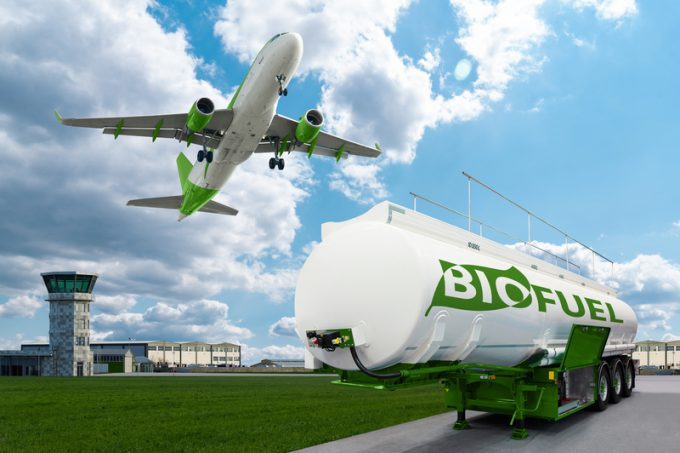HMM takes delivery of its first methanol-powered containership
South Korean shipping line HMM has taken delivery of the HMM Green (above), the first ...

Large forwarders are driving environmental change in air freight, with more carbon-neutral flights available to shippers with deep pockets.
Kuehne + Nagel today announced an agreement with American Airlines (AA) to use more than 11 million litres of sustainable aviation fuel (SAF) to enable its customers to enjoy carbon-neutral flights.
The amount is not game-changing, but is a step in the right direction; 11 million litres will enable a 787-9 to fly 25 times around the world, or a 777 freighter to ...
Trump tariffs see hundreds of cancelled container bookings a day from Asia
'To ship or not to ship', the question for US importers amid tariff uncertainty
'Disastrous' DSV-Schenker merger would 'disrupt European haulage market'
'Chaos after chaos' coming from de minimis changes and more tariffs
Forto 'sharpens commercial priorities' as it lays off one-third of staff
List of blanked transpac sailings grows as trade war heats up and demand cools
EC approves DSV takeover of DB Schenker
Overcapacity looms for ocean trades – with more blanked sailings inevitable
Amazon Air’s metamorphosis: 'a different air cargo unit from two years ago'
Shippers in Asia restart ocean shipment bookings – but not from China
India withdraws access for Bangladesh transhipments, in 'very harmful' decision
'Tariff hell' leaves industries in limbo – 'not a great environment to plan'

Comment on this article